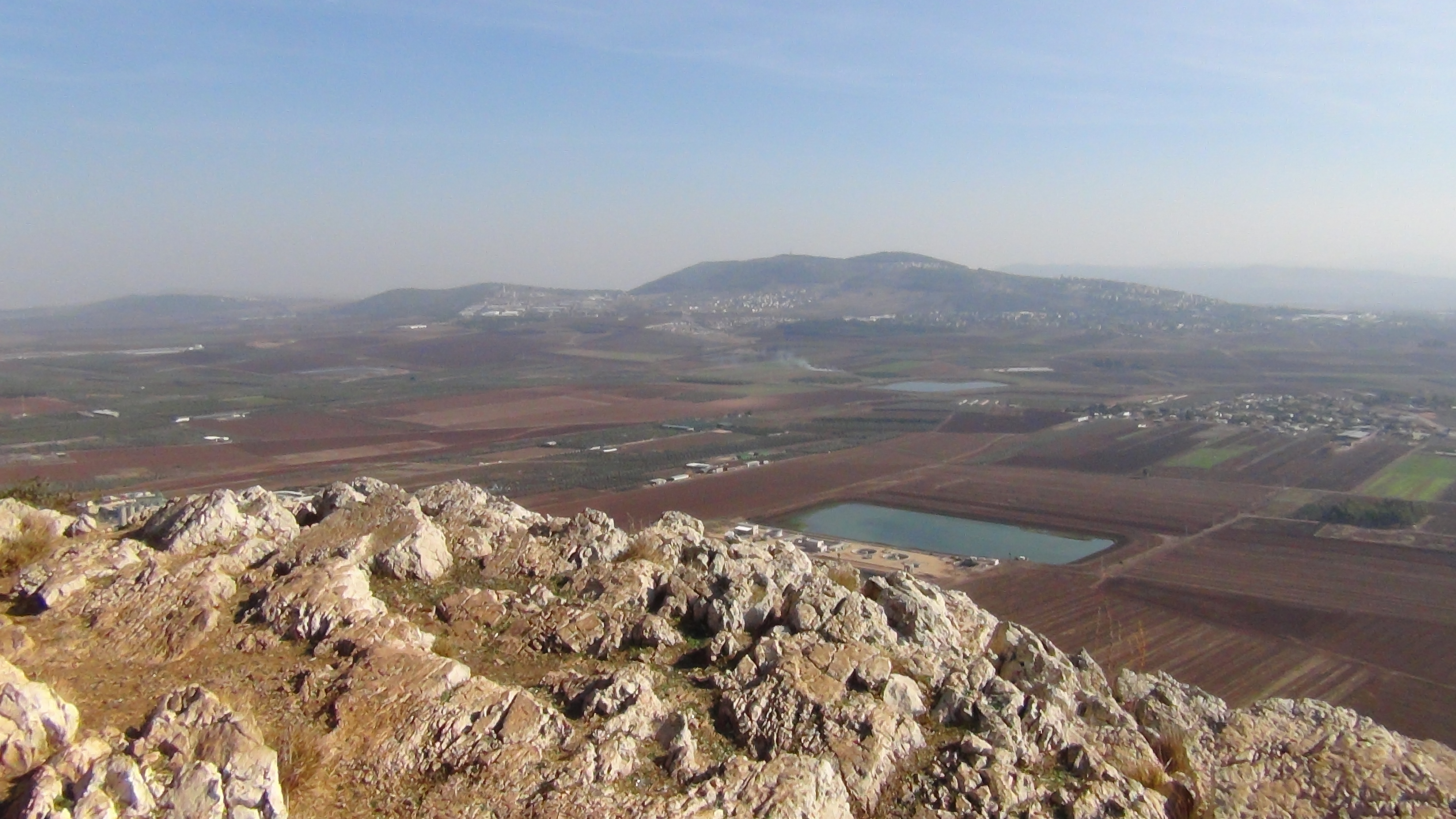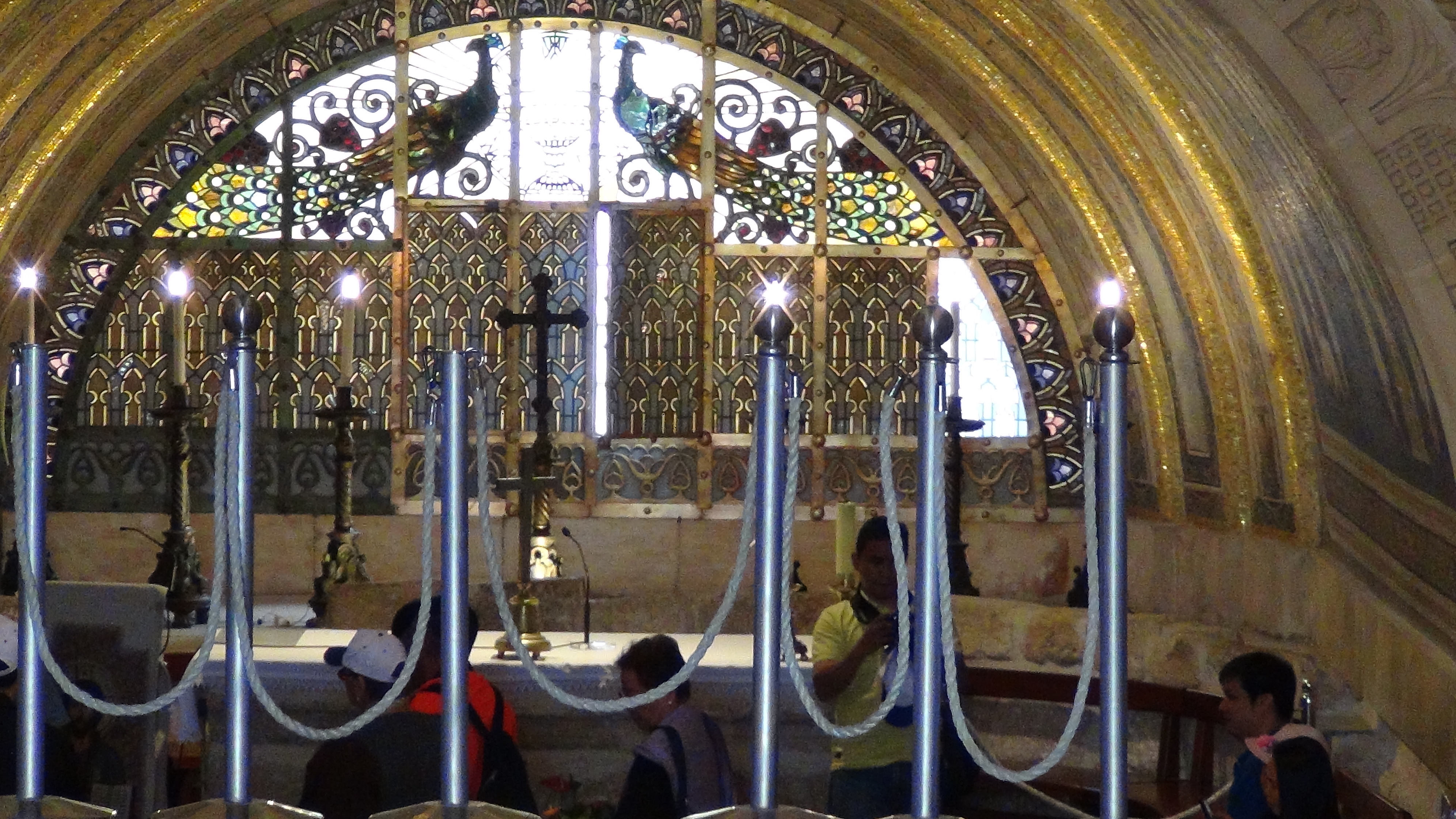2 Kg. 4:8-11, 1“4-16a; Ps. 89:2-3, 16-19; Rom. 6:3-14, 8-11; Mt. 10:37-42
God First!” This is true discipleship and the rest is defined by God. We live in the “trophy” age of rewards. Recognition is given to the person who “wins” down to the person who participated for their effort. In today’s gospel a similar degree of recognition is given from “Whoever receives a prophet…will receive a prophet’s reward…whoever receives a righteous man…will receive a righteous man’s reward” all the way to “whoever gives only a cup of cold water…will surely not lose his reward”. The God of all who is in all brings justice to all “because the little one is a disciple”.
All baptized are called into discipleship which in the early church a disciple prepared the way for the coming of Christ. John the Baptist prepared the way for the coming of Christ through his sacrifice being the lone voice in the desert. Jesus sends his disciples out in pairs to spread the word. First and foremost, we prepare the way by the testimony of our lives, the sacrifice of faith, and the witness of love. All “achievers” recognize their rewards come through sacrifice. God blesses the great and small beyond our understanding.
This we see in the first reading when Elisha asks the servant “Can something be done for her?” in appreciation for her sacrifice to provide Elisha with a place to stay overnight. The answer by the servant was “Yes” because she had no son. Elisha promises her “This time next year you will be fondling a baby son.” The woman’s generosity was a free gift of kindness but the prophet promises a greater gift of love for this woman. This is testimony to God’s response to our acts of generosity and sacrifice. With God nothing is impossible when we respond with love to his son, his disciple, and his “little ones”.
All baptized are “Baptized into his death?” Yes, this “death” is the death of sin to live in holiness. Holiness is defined as “God First!” Godly love for mother, father, and children cannot be separated from the love of God and the love of God from the Word of God. Our daily call is to live the Word in our relationships with family and all humanity. It is not negotiable or compromising but authoritative and final. This is the final test of faith, to stand for obedience to the Word first before others even those we love dearly. Born of free will this is the most challenging of all relationships, to be united under “The Word” and keep God first. Death to self is a separation from worldly values and conformity.
“God First” is unity to the Trinity not to worldly values of “inclusiveness” by conformity or “tolerance”. Jesus clearly defines to his apostles the choice of “God First” brings division and consequences. We see this most clearly in our decision for the “Right to life” versus the “Right to choose” movements for the unborn and for euthanasia as “mercy killing”. “God First” is mercy to live and allow God to be the one who calls us away from this life. When God is first even suffering is an offering of redemptive suffering and a transformation of self into his image.
It often seems human (Christian) behavior perceives Jesus on the cross as suffering so that we may not suffer and go on with our lives. This is far from the truth when Jesus calls us to take up our cross and follow him. “God First” as transformation of self into his image is sacrificial first in faith and belief in the greatest of rewards to come according to his will for our greater good as he meets the desires of our hearts aligned to his sacred heart beyond what we can imagine.
The will of God takes our suffering as we let go to God our unborn, the “little ones”, our closest family, and even our own lives always for something greater, the reward he desires to give us. The world cannot accept this but we can accept this because God is already present to us and he cannot be denied.





Recent Comments